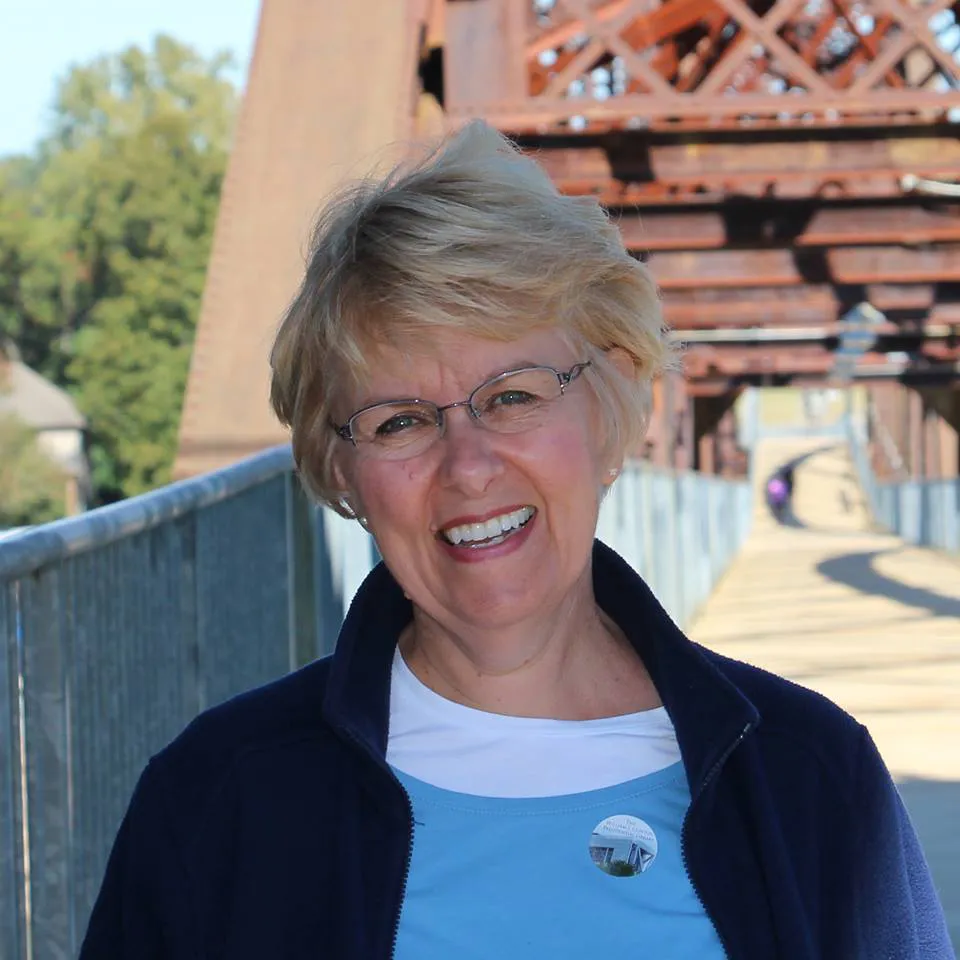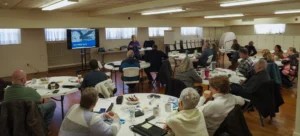“Three out of four,” she said. “It needs to meet three out of my four requirements in order for me to commit.”
My friend was talking about the pre-requisites she considered essential before committing herself and her family to a new faith community. It needed to be a good fit and fulfill a majority of her expectations. She was applying certain standards to a church, but I’ve noticed others doing the same in terms of becoming part of a civic organization, choosing a school, selecting a neighborhood or becoming part of a team.
- Is it a good fit?
- Will it make me happy?
- Will my life be richer and fuller?
- Will I build relationships with other people like me?
These are all good questions to ask, but recently I thought of a few more I wonder if we might also consider.
- Is there an opportunity for me to truly serve in this area or group?
- How will participation help me grow as a kind, courageous, compassionate human being?
- Do I have gifts and abilities that could be especially useful here more than elsewhere?
It seems to me it is often so easy in our consumer-oriented culture to choose to participate in groups that enhance our sense of identity and well-being by affiliation with other like-minded people. Or, we may choose a group because it meets a particular need, e.g., the music is our genre, the teaching inspiring, and our new friends fabulous.
There’s nothing wrong with having one’s needs met, particularly in moments of crisis, but if satisfying ourselves is the central focus a majority of the time, sooner or later we will be disappointed and disillusioned.
On the other hand, if we seek to serve more than be served—or at least have it as one of our key criteria, then we can beat home in many places.
Gladys Denelda (Leonard) Haas, my grandmother, had very little choice in her life. The church she attended, the role she played there, the community groups of which she was a part, the people with whom she affiliated—all were in some respects pre-determined by her marriage to my grandfather and his choices in life. Travel was not an option; she did not drive a car. For most of her days, she helped my grandfather milk cows twice a day, every day, and fit the remainder of her life around that activity. If she had any pre-requisites or standards for how she thought life ought to be, she didn’t make them known to me or anyone else I know.
Nonetheless, she usually seemed to me to be a happy person. I liked being around her and she always seemed glad for the company. She let me and my sister and brother try new things. She encouraged our independence and discouraged our fears. She helped us develop new skills and celebrated our achievements. She taught Sunday school well into her 70s and amazed me with her ability to connect with little people. How she found the time to prepare a lesson and teach it after that twice-a-day milking puts my feeble excuses to shame.
I know it sounds cliché’ to say, “Bloom where you are planted.” Sometimes it’s truly necessary and beneficial to transplant and re-root elsewhere.
I value the freedom to do this, but when we do I hope we will also weigh the value of pruning back expectations of perfection and taking a good look at where we are and what we’ve got. At times, it could be that digging out the weeds of discontentment, fertilizing the good that exists, and staying put is the better choice.





